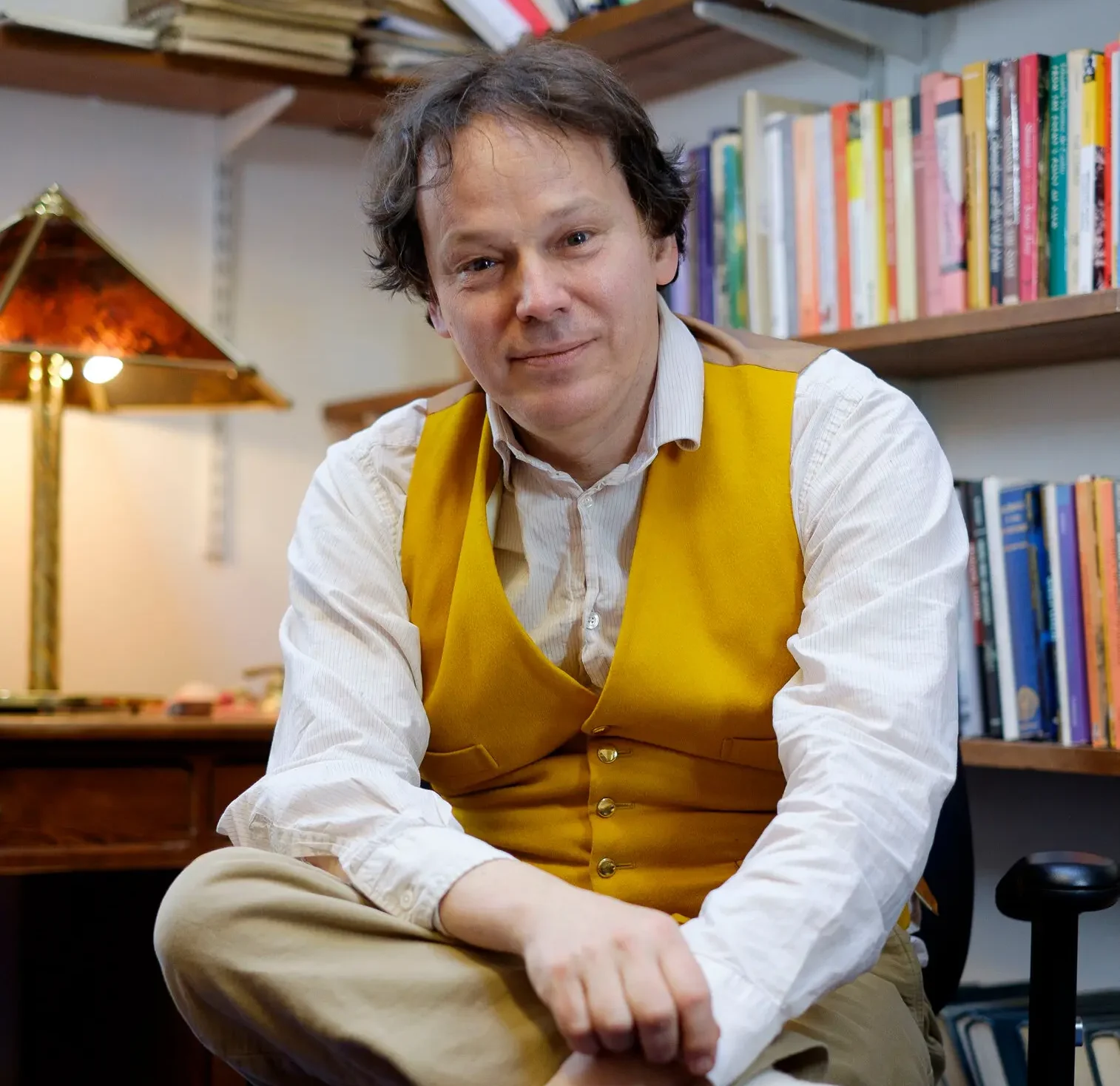A posthumous collection of essays by the anthropologist and activist David Graeber shows a bold thinker whose original arguments could strain credibility.
By Jennifer Szalai
In the weeks after the November election, encountering the energetic optimism contained in the new essay collection by the activist and anthropologist David Graeber is something of a surreal experience. Graeber died suddenly in September 2020, at the tail end of the first Trump presidency — before the QAnon Shaman and the attack on the Capitol; before four years of President Biden; before tech billionaires like Elon Musk joined the Trump team; before Musk pledged to take a wrecking ball to the government bureaucracy that Graeber, a self-described anarchist, spent decades critiquing.
“The Ultimate Hidden Truth of the World …” gets its tantalizing title from Graeber’s book “The Utopia of Rules” (2015): “The ultimate, hidden truth of the world is that it is something that we make, and could just as easily make differently.” The line is classic Graeber — dramatic, exhilarating and so instinctively appealing that it’s only when you stop to think about it that you realize it isn’t entirely true.
In an introduction to the new essay collection, Graeber’s widow and the editor of the volume, Nika Dubrovsky, says that one of Graeber’s touchstones was Dostoyevsky’s “The Brothers Karamazov.” But even existentialists who agree that the world is what we make it might wonder if unmaking it is really as simple as all that, given the stubbornness of power. Doing things “differently” never comes “just as easily,” even if it’s more captivating to say that it does.


